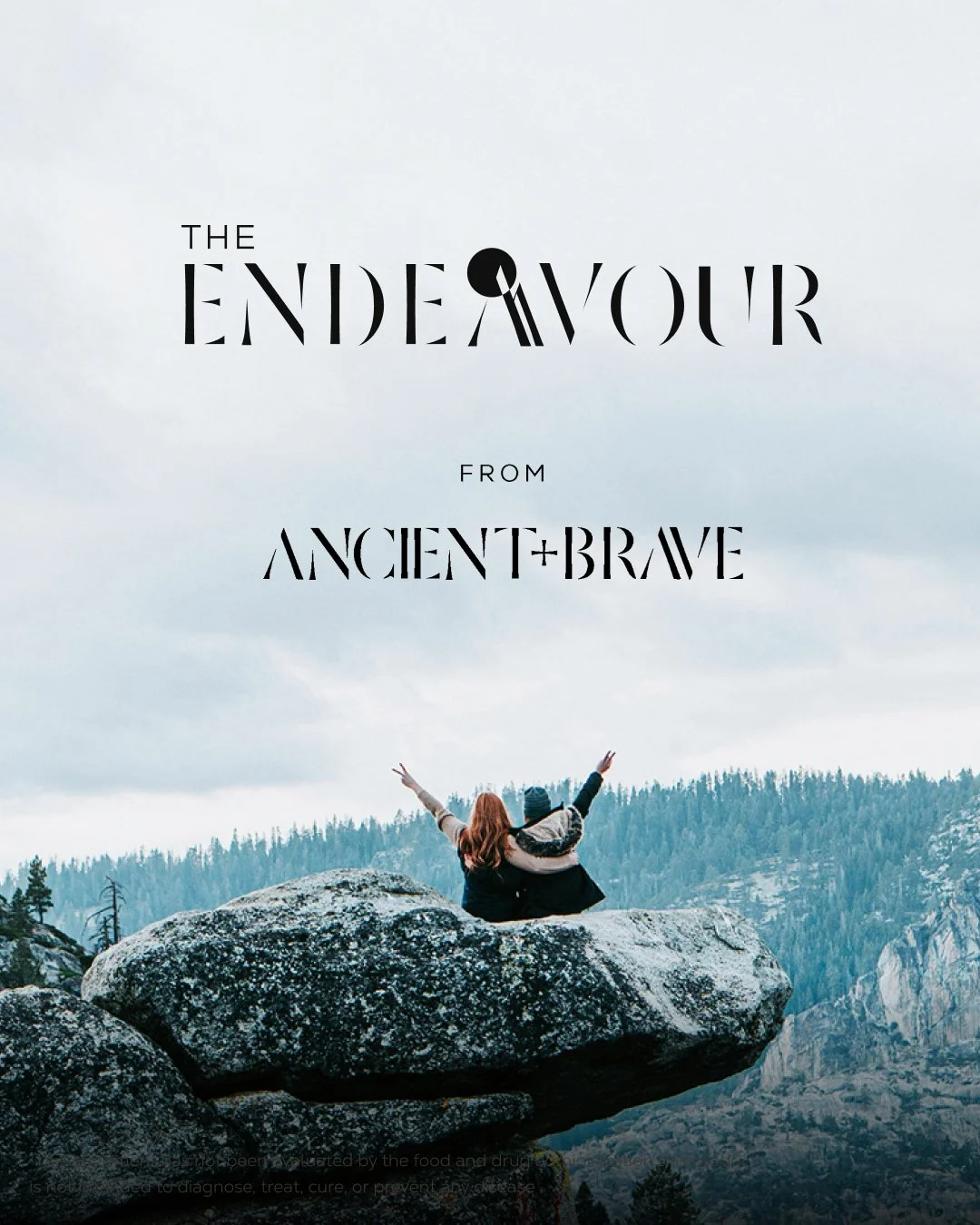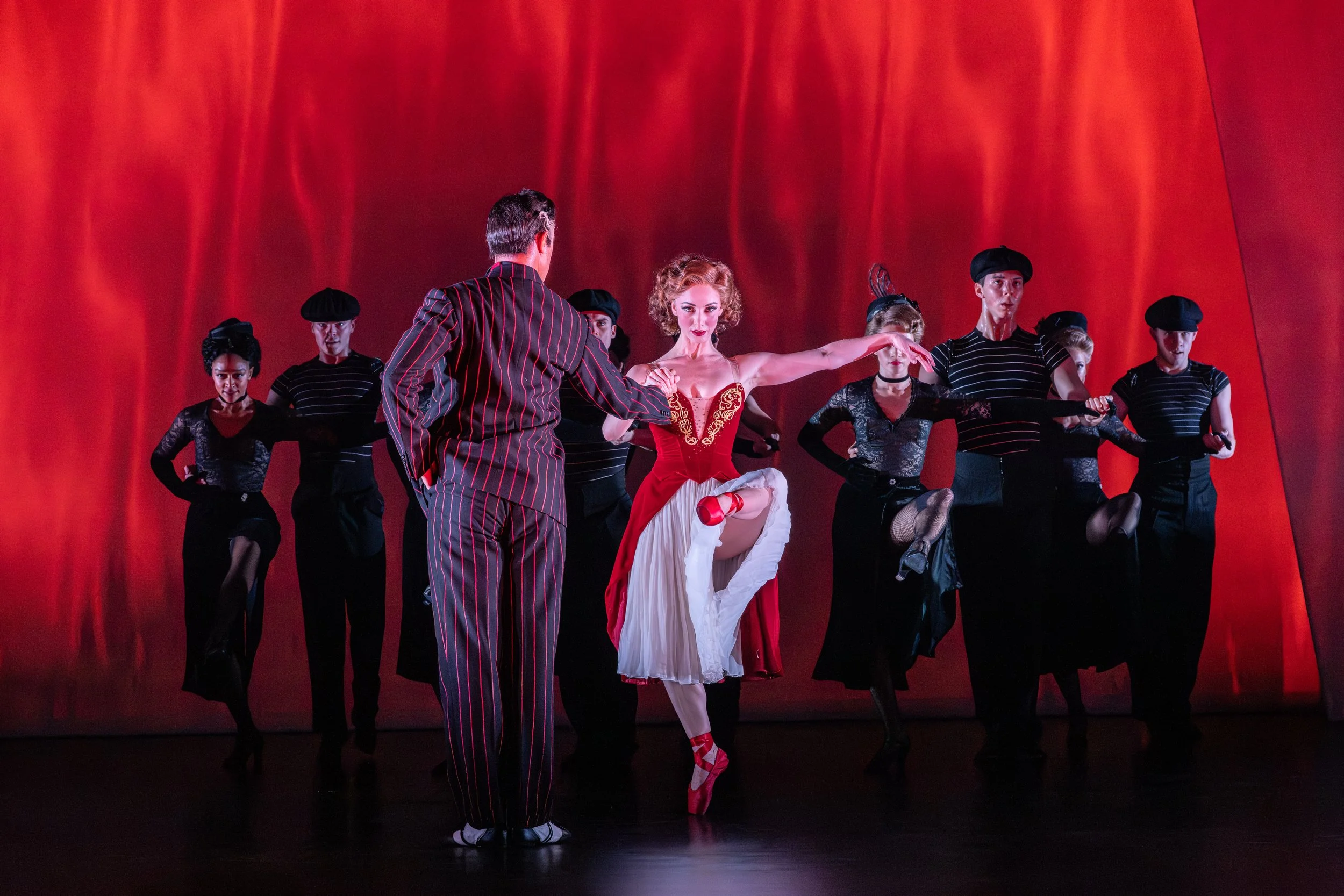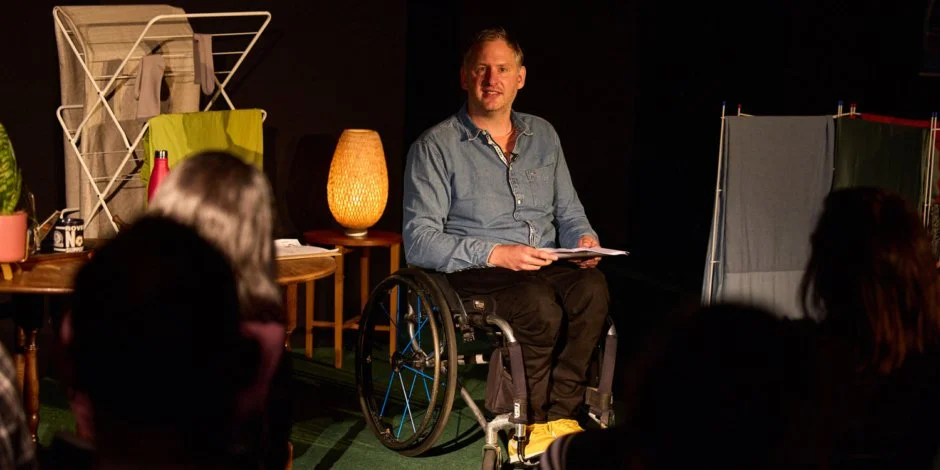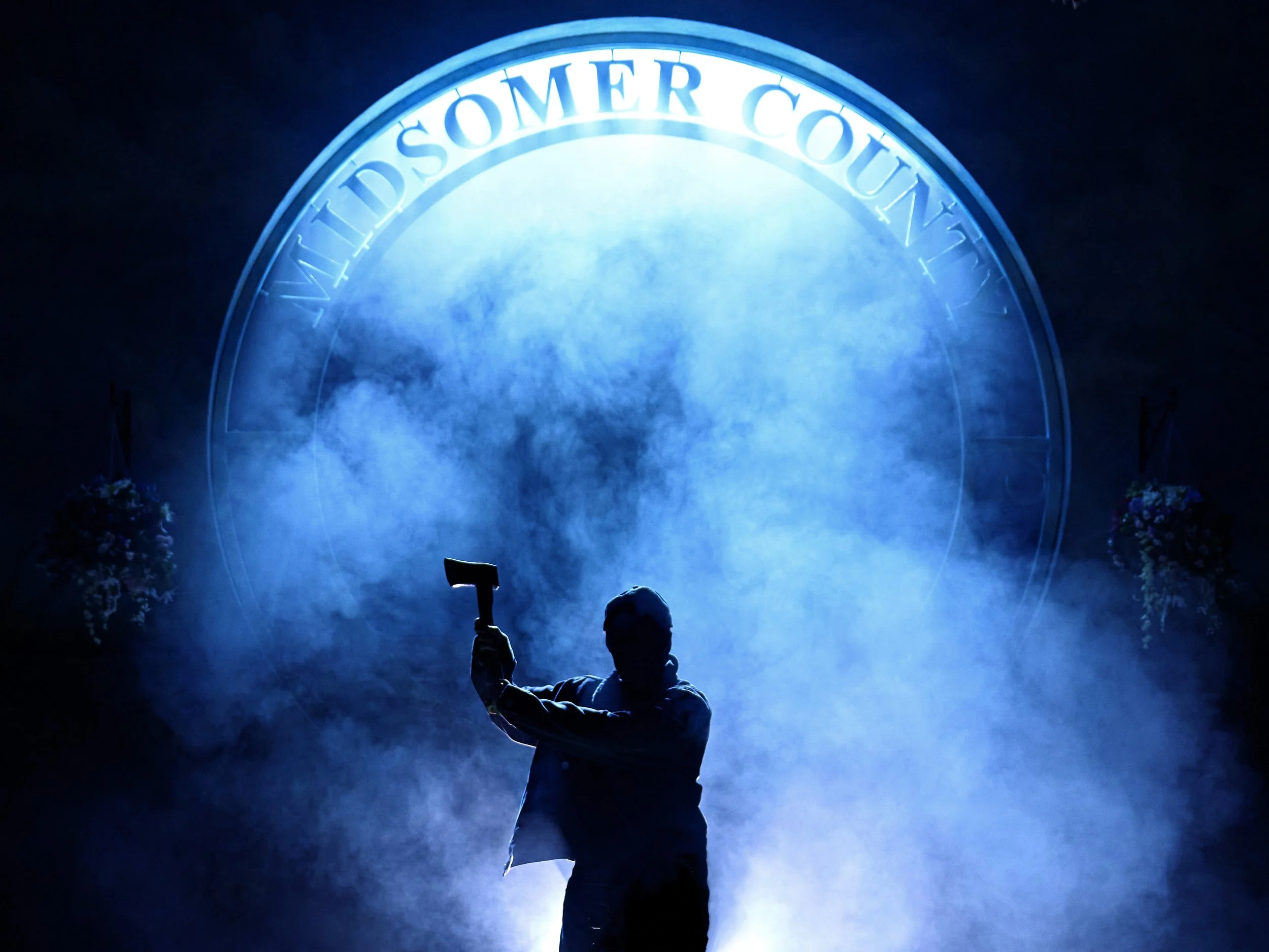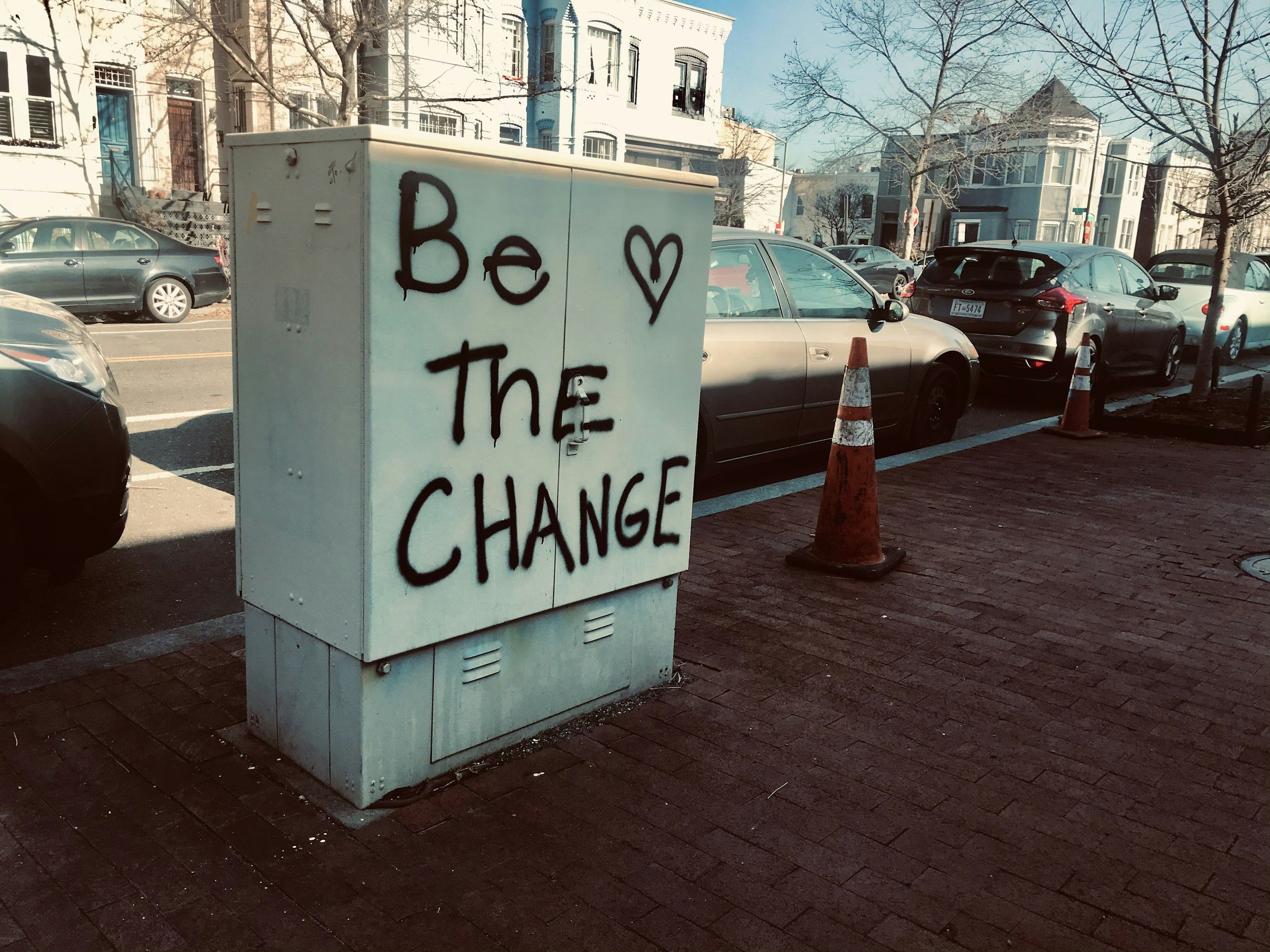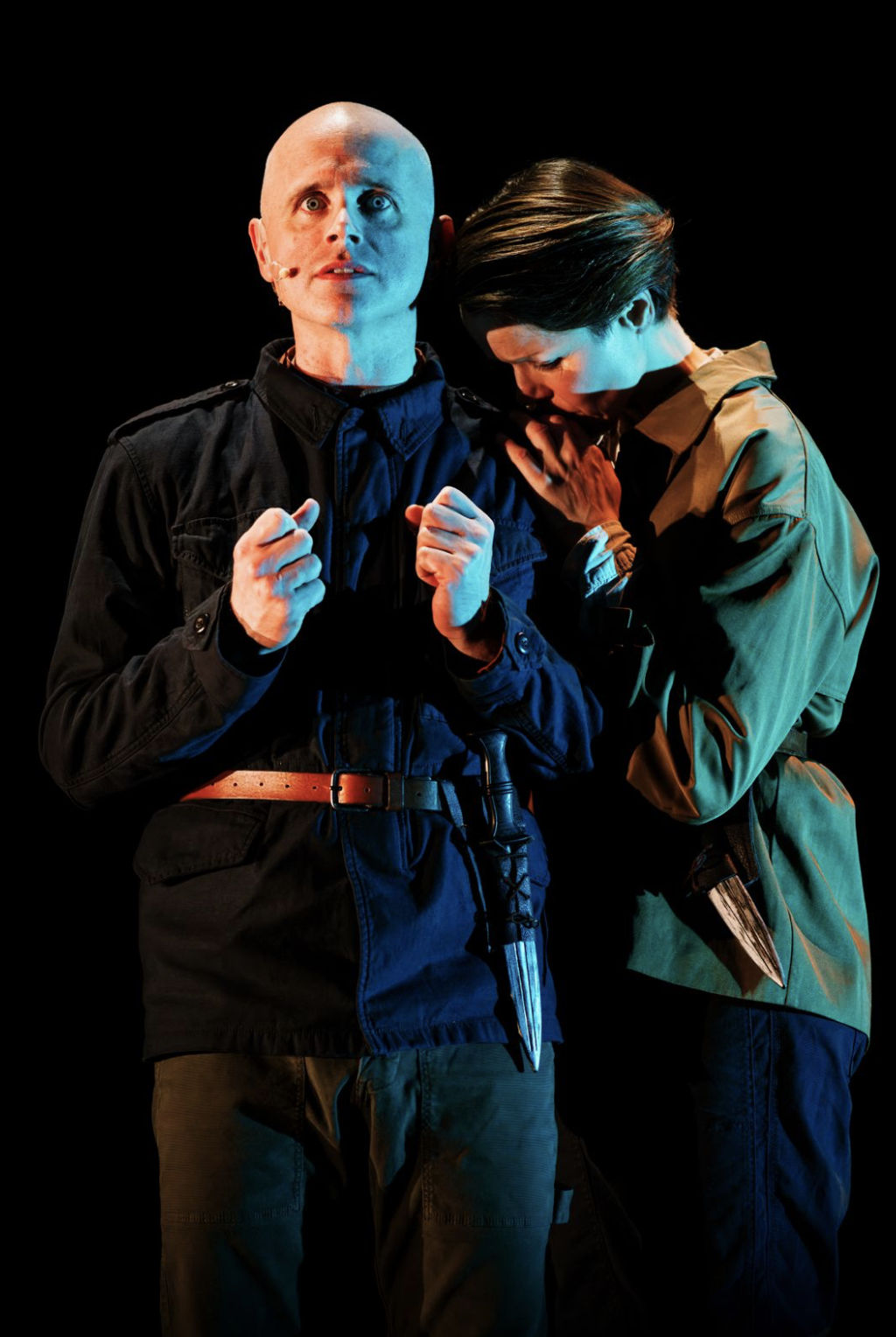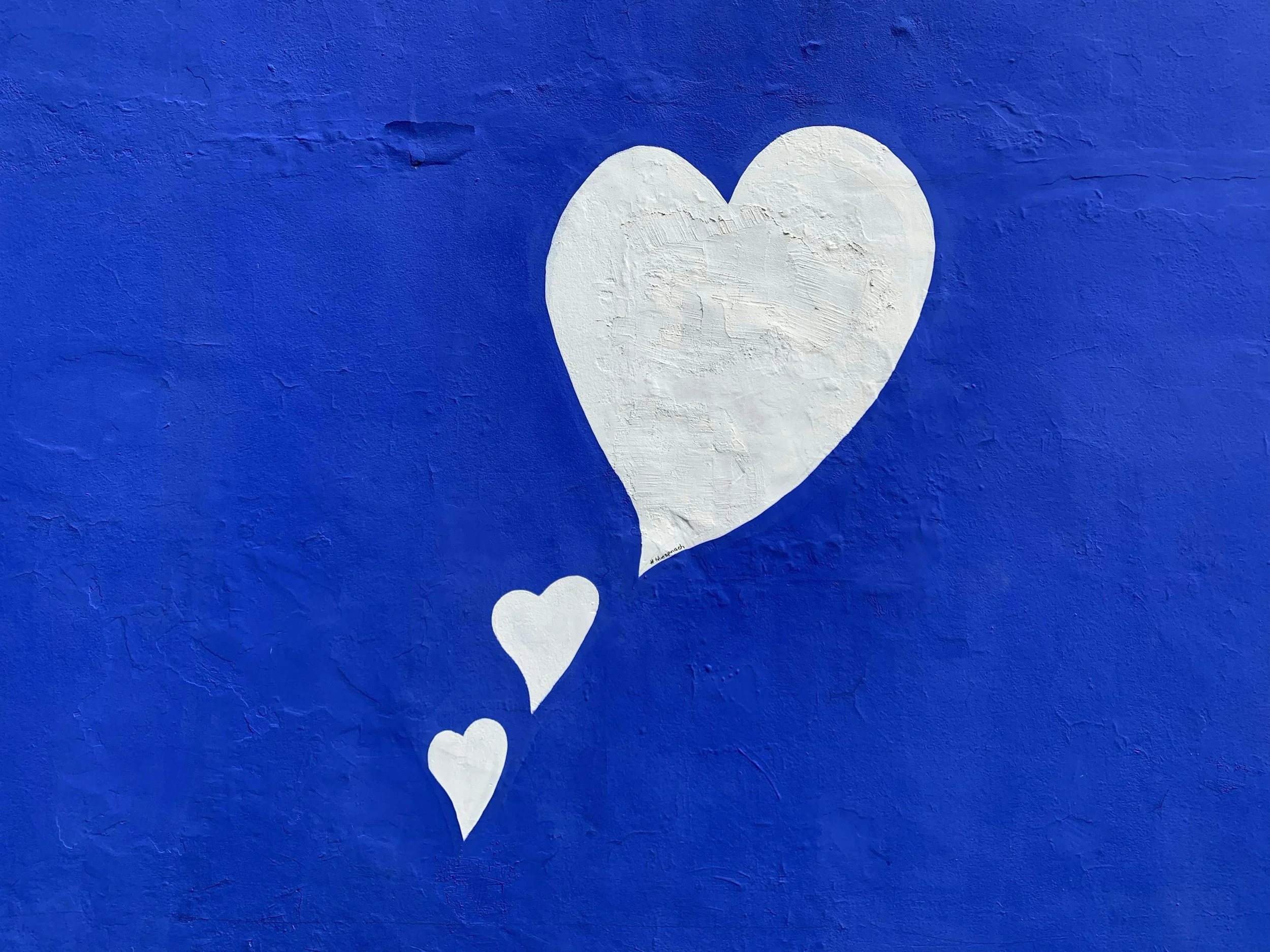Racial Fetishism is not a Compliment
Though it has been weeks since Black Lives Matter protestors have taken over the streets, the powerful momentum of the BLM movement remains. Racism is still one of the leading social issues, and protestors are trying to eradicate it.
As people return to their day-to-day routines, the media continues to remind the public about this summer’s global reaction to racial injustice, spreading many impactful messages and amplifying social awareness worldwide, this way committing to creating a long-lasting change.
Since the BLM movement became activated, women all over the world started speaking out about various forms of racism that they face daily: racism in the workplace, the neighbourhood, in the media, at home…
Moreover, many Black mothers expressed concerns over their children’s future social role in contemporary society, girls as well as boys’, due to the sexualisation of race that is relatively common in modern-day.
‘BBC’ (big black cock), ‘Black Bitch’, ‘Mami’ – these are just a few race-targeting nicknames that frequently appear on dating websites, hook-up ads, and social media profiles.
Lately, they also pop up in slang and get increasingly used in messaging amongst the youth, especially sexting, resulting in their normalisation for everyday use. And that’s where modern-day racial fetishism, which is less regularly spoken about, outlines itself.
The Origins of Racial Fetishism & The Modern-Day Presence
Unsurprisingly, when it comes to race fetishism, it turns out to be a very longstanding problem that is tightly intertwined with the severe issue of white supremacy.
Learning about the origins of racial fetishism, I came across SexAbled – an online platform aimed at comprehensive sexuality and disability education & research. It offers multiple workshops, classes, lectures, and consultations to schools, groups, and organisations.
Whilst discovering this community, I found an article featuring Robin Wilson-Benson, the founder of SexAbled, who explains that black people's bodies have been fetishized since slavery.
Robin says: “Back then, we (the Black community) were seen as physical beings to perform a service. Not just slave labour, but sexuality too. There are a history and culture surrounding being with a black person being seen as taboo and kinky, being looked at as bringing in a bit of 'exoticism' to spice up sex life."
Her comment reminded me of the concept that I’ve previously studied – Orientalism – an identity-reclaiming, pervasive Western tradition of prejudiced academic, as well as artistic, outsider-interpretations of the Eastern world, shaped by the cultural attitudes of European imperialism in the 18th & 19th centuries.
The critical consequential complication that arose from Orientalism was the conscious narrow-minded viewing of a foreign culture, which usually motivated racism, due to the selectiveness of learning about society. Put merely, Orientalism prompted “power-knowledge”-led racism.
Robin’s ‘exoticism’ traced my mind back to Orientalism. It explained the Orientalist-triggered Western fetishization of polygamy, as well as the sexualisation of race.
In other words, her statement clarified the impact of white supremacy on racial fetishism: Western (white) folks propagated, and continue to do so, their personal, often caricatured beliefs about cultures that they usually had no association or first-hand experience.
Furthermore, racial fetishism affects the Asian culture just as much as it does the Black community.
The main reason for Asian fetishism finds itself deeply rooted in the history of Asian colonisation by the Europeans, which created an impression of Asian sexual submissiveness. Korean and Vietnamese wars involved much interaction between American soldiers and Asian women, establishing a sexualised dynamic that is still present today.
Nowadays, racial fetishism is impossible to miss – it continually changes the benchmark of online dating by “colouring” it: with the strong, and undeniable, preference for White men’s match with Asian, or Black women, “love” instantly loses its colourblindness.
Moreover, the current creative industry is no better: with films supporting the “Black Men Cheat”-conviction and music clips augmenting the belief of Black women’s bodies being more erotic, sexual, and “suggestive”, the entire industry refuses to mass-change racial stereotypes.
Racial fetishism is a challenging problem to eliminate because of how multifaceted it is. However, individually, anyone can make a difference by speaking out against this notion and being ready to apologise for jumping to wrong conclusions about the role of race in sex!
Help us keep the City Girl Network running by supporting us via Patreon for the price of a cheap cup of coffee- just £2 a month. For £3 a month you can also get yourself a Patreon exclusive 10% off any of our ticketed events! You can also support us by following us on Instagram, and by joining our City Girl Network (city wide!) Facebook group.
Written by Lisa Levytska




